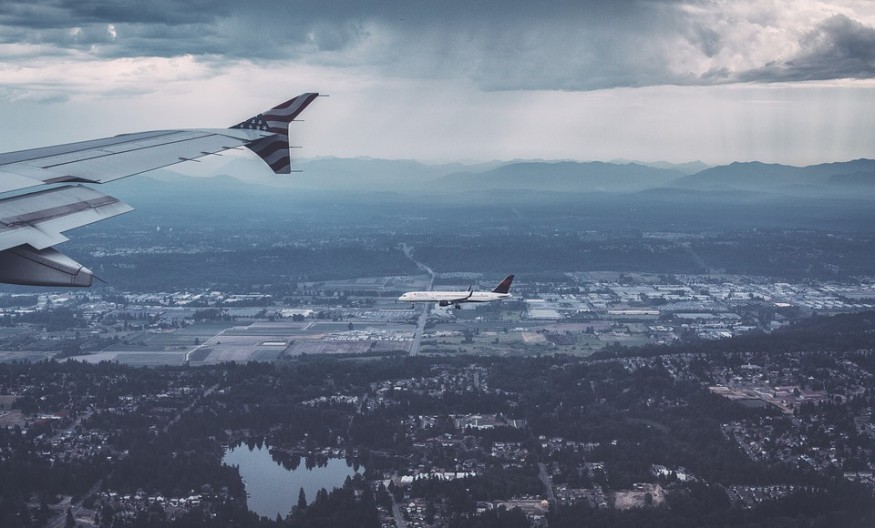
CoVID-19 has taken its toll in the international travel industry. The virus, which first emerged in Wuhan, has elicited worries all over the globe. Governments have been closing borders with affected countries and subjecting passengers especially from outbreak areas to quarantines. Passengers have been canceling flights, international events have been canceled and tourist destinations are temporarily shut.
If traveling anytime soon, one must take these matters into serious consideration:
Elderly passengers and those with pre-existing conditions should delay or avoid traveling to areas that are reported to have local transmission of COVID-19. COVID-19 is known to be fatal for people above 65 years old, and to those with an underlying health condition and must avoid countries with the transmission.
Every government has imposed its own travel advisories and warning. British Foreign Office, for instance, is advising against travel to mainland China, and South Korea. The US issued a ban on travel or Alert Level 4 advisory for China and Iran. Unnecessary travel to South Korea, and Italy and are also posted. Travelers must also be aware that one may be caught up in quarantine if an outbreak occurs. Should this happen, one may be stuck somewhere for an extended period of time and one must be prepared for it. The availability of quality health care in the area of destination must be considered, Crystal Watson, senior scholar at the Johns Hopkins Center for Health Security said.
Several tourist attractions have been shuttered and major events called off. Events such as the Muslim pilgrimage to holy sites in Saudi Arabia, pop group BTS's tour of South Korea and cherry blossom festival has been canceled. Museums in Paris, Japan, and theme parks in Asia such as Universal Studio in Japan are temporarily closed. It is best to check advisories on the status of an event or the vacation destination prior to traveling.
Tourists are advised to reconsider cruise journeys to or within Asia, warning that passengers are at an increased risk of contracting COVID-19. After the major coronavirus outbreak on Diamond Princess cruise liner that was quarantined off the coast of Japan's in February, many cruise ships have modified or canceled their schedules. Enhanced protocols were issued by Cruise Lines International Association (CLIA) to its members to prevent coronavirus spread. Individual cruise lines also imposed their own policies and screening procedure for protection against the illness.
For airline flights, expect flight plans to be disrupted. There are large numbers of cancellations and no-shows among passengers, even on areas with no outbreaks. Passenger will bear the burden of cancellation fees in the event of flight cancellation. In some instances, travel providers may show a certain degree of flexibility with their customers such as waiving off cancellation fees. Thus, contacting the travel provider is a must. When booking flights, it is advisable to opt for the more "cancel for reason" coverage so as to include cancellations due to fear about the destination which covers this case.
Should one need to go ahead with the travel plan, the World Health Organization (WHO) recommends washing hands frequently, covering nose and mouth when coughing and avoiding close contact with people showing symptoms. In the absence of handwashing facilities, hand sanitizer may be used.
© 2025 NatureWorldNews.com All rights reserved. Do not reproduce without permission.





